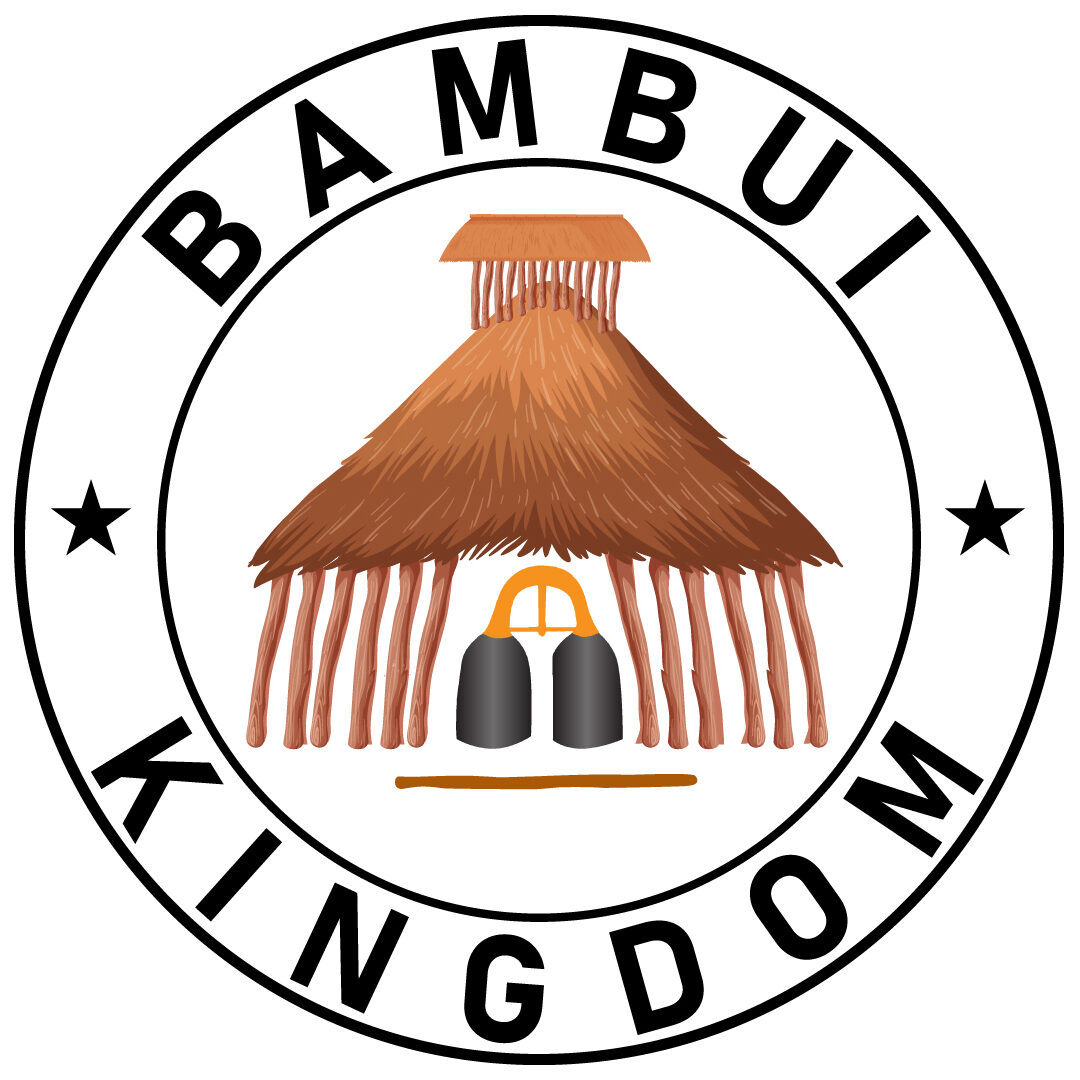A little short of a century ago, Bambui natives were generally passive towards education, but paradoxically, it was here that the first ever mission-run Teacher Training College in Anglophone Cameroon saw the light of day. Today, Bambui is not only the seat of some of the most prestigious schools in the country, but its sons and daughters also count among the cream of Cameroon’s educated class.
Bambui was the seat of the first ever Catholic Mission-run Teacher Training College (TTC) in the former West Cameroon. Like its Buea-based sister institution, the Saint Joseph’s College, a post-primary educational institution that prepared its students for the West African School Certificate (an equivalent of the GCE), the TTC was also an elitist institution, which produced Grades 1 and Grades 3 teachers. Attracting some of the best and the brightest in English speaking Cameroon to hone them in elementary school education, a good number of TTC graduates later went on to take up key positions in government. Some include the former Prime Minister, Mr. Simon Achidi Achu, former Minister of Mines and Power, Mr. Francis Nkwain, and former Ambassador Epie, to name just a few. In 1973, the campus of the TTC was ceded to the Saint Thomas Aquinas Seminary (STAMS) whose premier Rector, Reverend Father Christian Tumi would become Cameroon’s first Cardinal. To date, STAMS has the unbroken record of directly or indirectly producing most, if not all of Anglophone Cameroon’s Bishops and Arch Bishops as well as top clergy. This is not counting the several hundreds of Priests that STAMS has also produced; and who preach the Word of God beyond the shores of Cameroon.
Before western elementary education took root in Bambui in the 1940s, there already existed the “krumenjang” school as it was locally called at the time. Krumenjang school pupils studied among other subjects, “Mengaka,” the Bali language, which was a popular language in the then British Southern Cameroons. Since the creation in the late 1940s by the Catholic mission of the Saint Peters Practising School which served as training ground for students of the TTC, the number of primary and post primary institutions in the Kingdom has grown by leaps and bounds. Today, Bambui counts nine primary schools with a population of about 3000 pupils. It also hosts one Secondary Grammar School, one Technical College, two Colleges of Agriculture, two Convents, a Comprehensive College of University standing, and STAMS, which also has the status of a University.
Thanks to this galaxy of educational institutions, the number of Bambui natives with higher education qualifications has grown exponentially. Also, unlike in the past when educating the girl child was considered a waste of time and money by some families; women now have equal rights and access to education and development efforts in the Kingdom. The impact of education is very visible in the Kingdom. Whereas a couple of decades ago Bambui was the poster child of a typical Bamenda Grassfield village with no pipe born water, electricity, dirt roads and ramshackle grass-thatched huts, the Kingdom is now a major attraction and envy to many, even if it is not yet the paradise that its sons and daughters actually want it to be.
